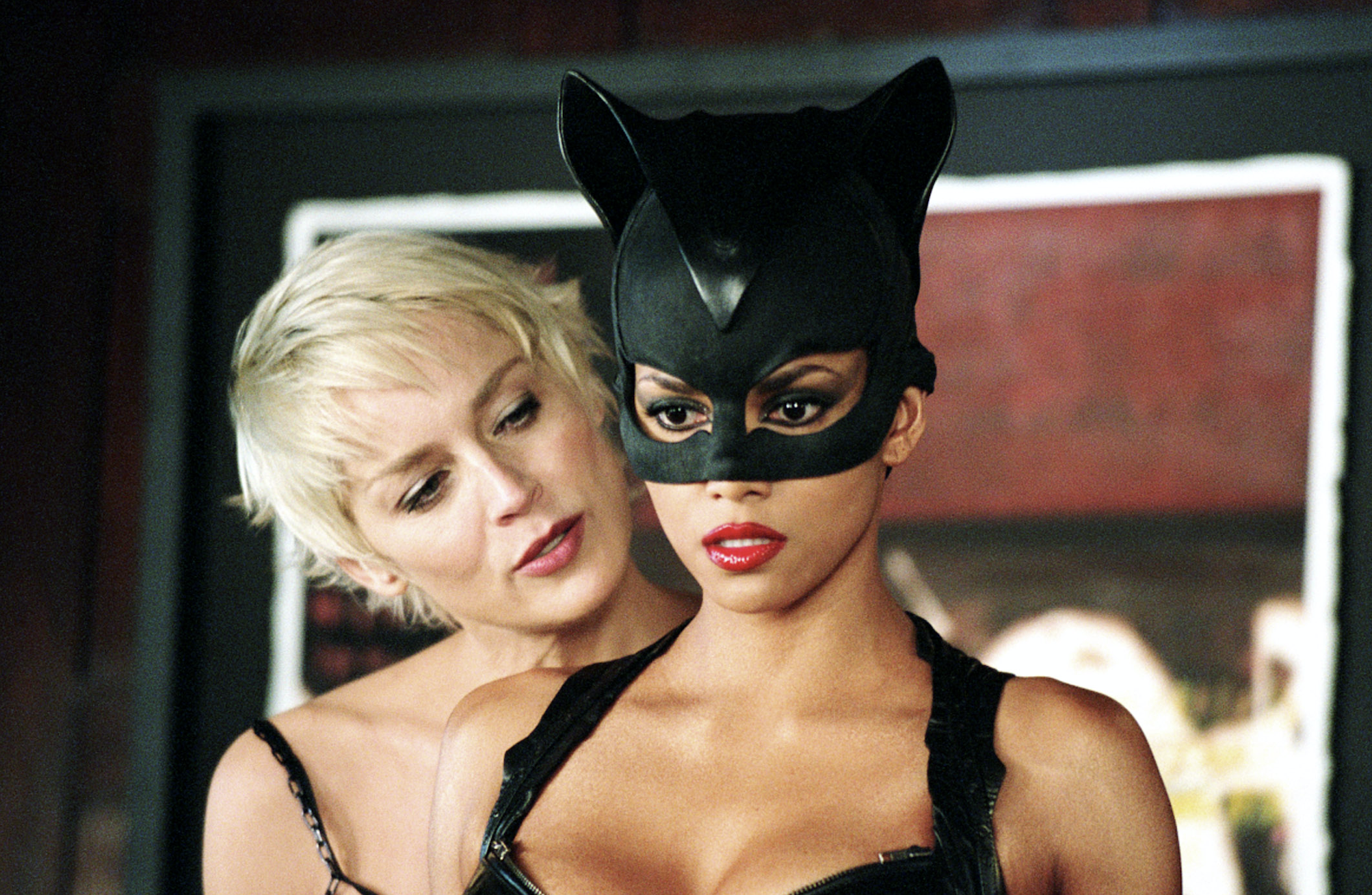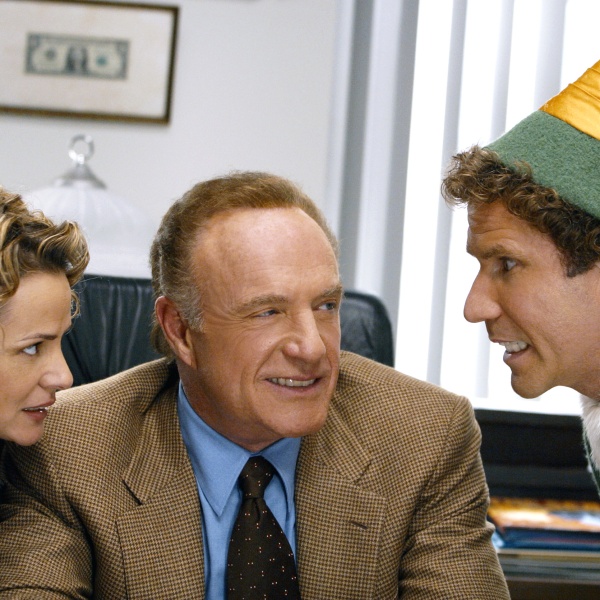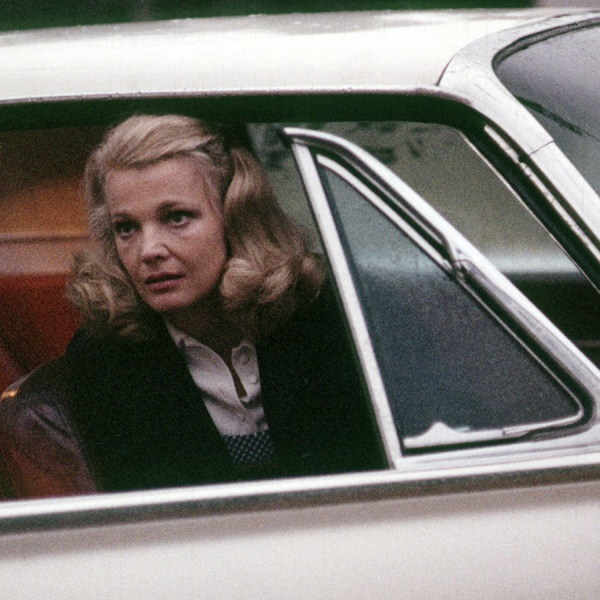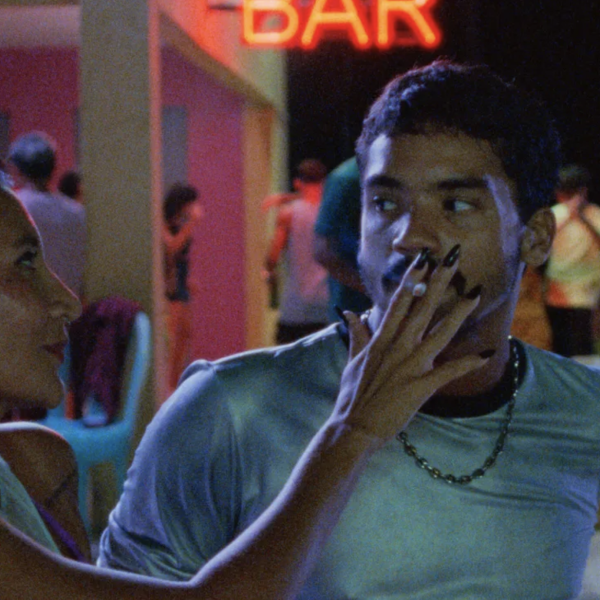“Catwoman” producer Denise Di Novi is claiming studio Warner Bros. brought out some claws during the production of the infamous 2004 film.
Di Novi told Entertainment Weekly for the 20th anniversary of the critically panned superhero feature that the film shifted from being a “small, lower-budget origin story” to a “big superhero movie with a big star” due to Warner Bros.’ urging. However, the studio then saddled the production with plot notes that were riddled with “sexism,” according to the producer.
“It evolved into a bigger movie. It started off like a small, lower-budget origin story with this French director and a newer star. A couple of other movies fell through, and they were like, ‘We want this to be a big superhero movie with a big star,’” Di Novi said.
Of course, Halle Berry was cast in the lead role for the “Batman” spinoff, made more than a decade after Tim Burton attempted to make a “Batman Returns” follow-up starring Michelle Pfeiffer in the lead. Instead, for the separate Berry-led standalone film, Warner Bros. did not want any “Batman” references at all.
“There was a lot of sexism involved [in separating it from ‘Batman’],” Di Novi said. “It was a female character. I pushed for it to be a feminist saga. I think [the studio] didn’t fully embrace it because it was a female main character with no leading man.”
IndieWire has reached out to Warner Bros. for comment.
Screenwriter John Brancato echoed Di Novi in detailing the chaos of the studio’s interference in the production.
“The interesting thing was all the rules handed to us from the first phone call, ‘You can’t mention Batman,” Brancato said. “That was an absolute rule. [It was] a Warner Bros. corporate decision to keep this separate from the Batman universe.”
He continued, “The power that controlled the movie was studio executives. Everything came from them — specifically Jeff Robinov, who was [the motion picture head at] Warner Bros. After we’d done a draft, he put everything on index cards, called us to his office, and on a giant whiteboard, rearranged the script. ‘Move this here, get rid of this idea of rats — we don’t like rats — get rid of her internal process of becoming a cat.’ He tossed everything I thought was good in our earlier work. We had an oddly cobbled-together version of the script.”
Later, Brancato explained how there was “exhaustion at the studio” after a series of rewrites.
“It was an odd process. Trying to make something that had some integrity that made sense finally seemed impossible, given the realities of what this became. It was a strange, out-of-control machine,” Brancato said.
Part of that alleged sexism on the script level was to focus on the then-new technology of Botox. Berry’s titular superhero has to save women from bad injectables, not some high stakes otherworldly villain.
“I always thought the idea of Catwoman saving women from a face cream felt a bit soft,” Berry said. “All the other superheroes save the world; they don’t just save women from cracked faces. I always knew that was a soft superhero plight, but at that time in my career, I didn’t have the agency I have today or belief that I could challenge that, so I went along with it.”
The Academy Award winner added that Warner Bros. was a “big part” of “reinventing” the Catwoman character.
“The idea was to not do what’s been done over and over but to bring something different,” Berry said. “The beauty of doing it was because it wasn’t in the ‘Batman’ universe. Men, historically, get to have big franchises that revolve around them. This was an opportunity to be forward-thinking, pushing that envelope for women. Why can’t we have our own superhero movie that revolves around us and our universe?”






